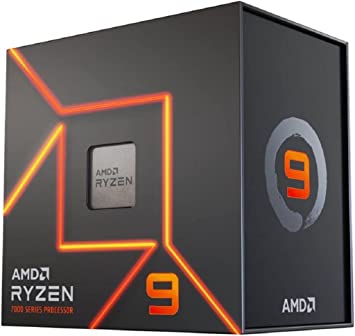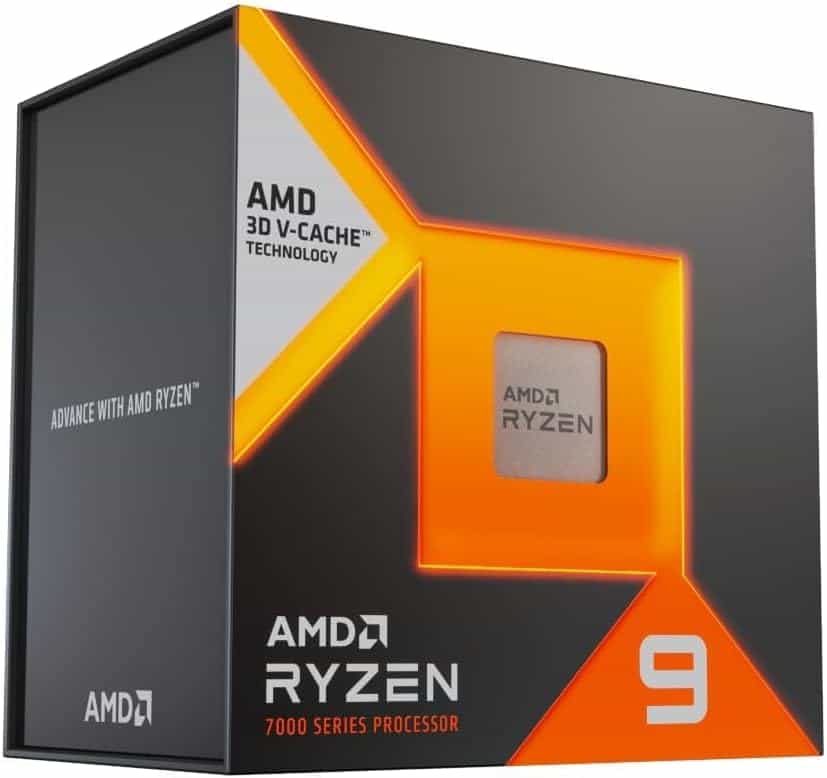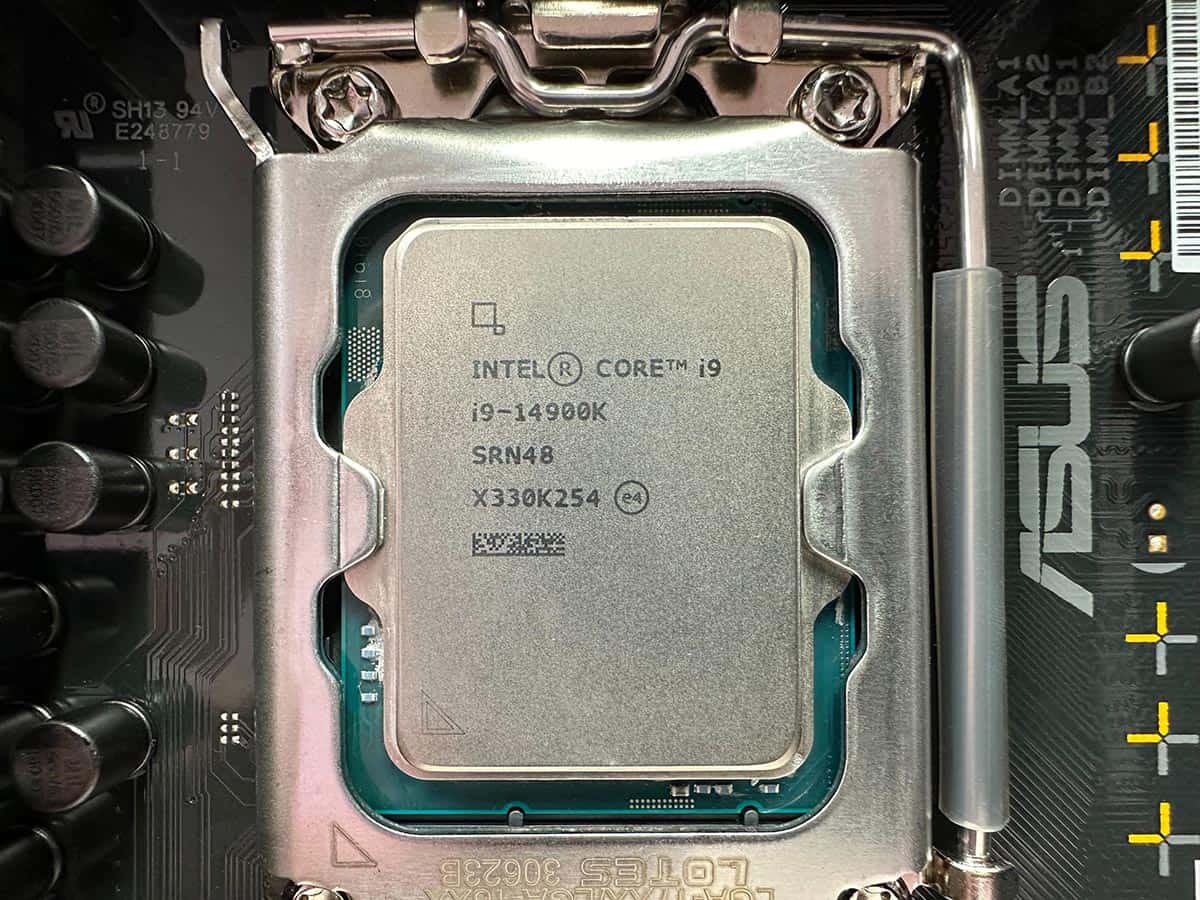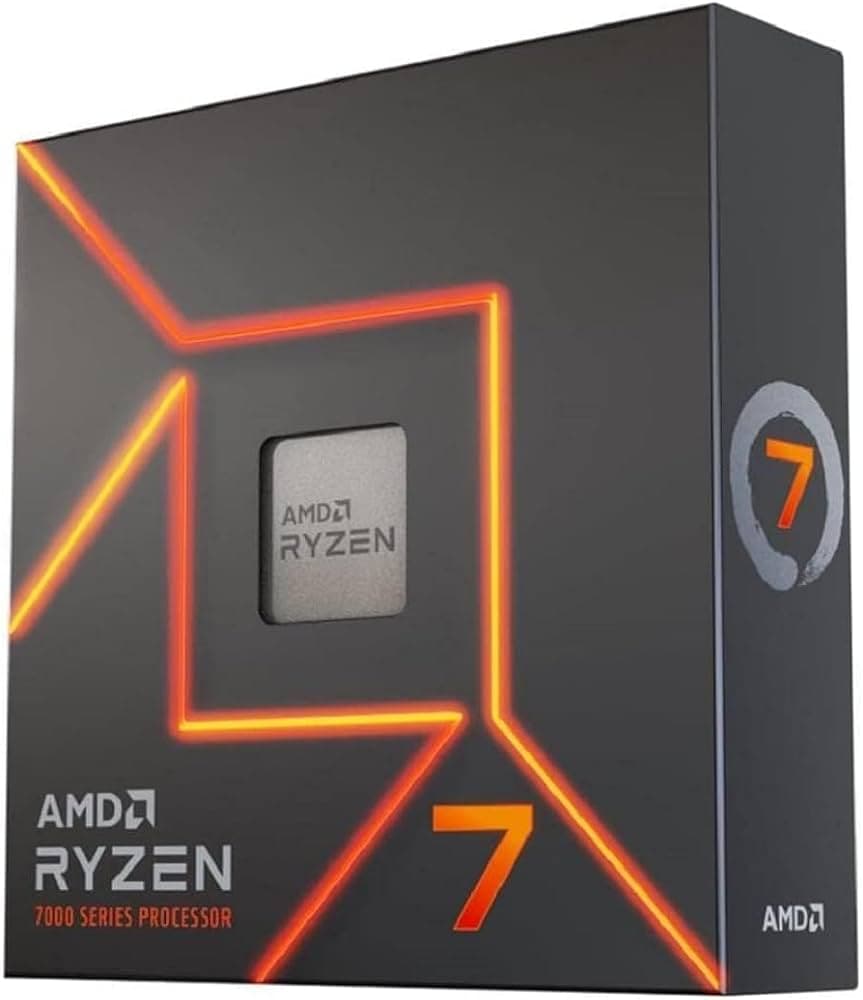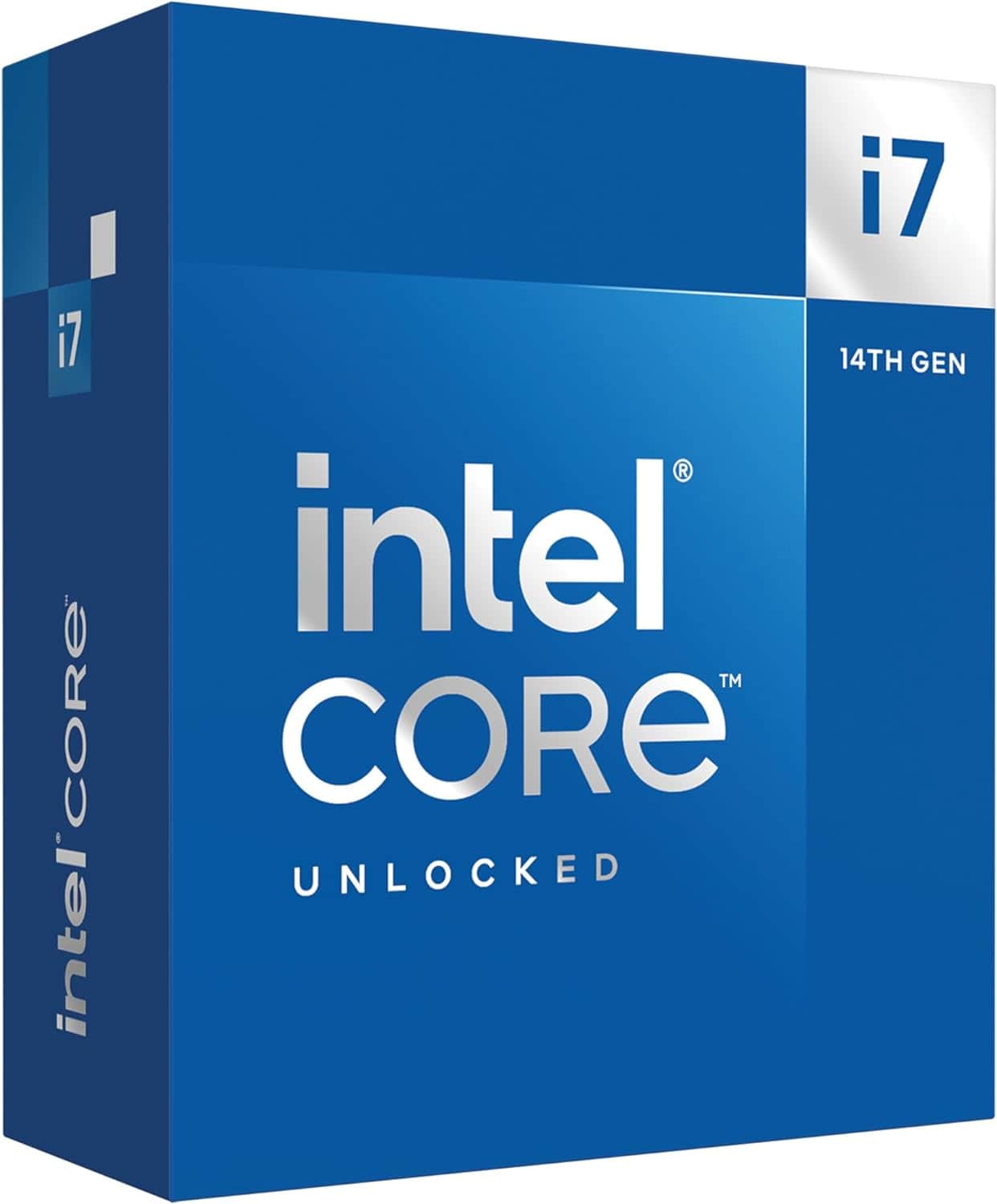Ryzen 9 9950X vs Ryzen 7 9700X: what’s the difference between the flagship and middle-tier?

Table of Contents
The Ryzen 9000 series has now launched, which means we’ve got our hands on all of them, and the testing has begun. The Ryzen 9 9950X is the flagship processor of the Ryzen 9000 series, while the 9700X sits comfortably in the middle of the performance hierarchy.
So, to gauge the performance difference between the two, we’ll be pitting them against each other in this article. That said, we’ve also reviewed the Ryzen 7 9700X and there is definitely some improvement over its predecessors. So, if you want to order a 9700X or a 9950X, they are both available on Amazon, ripe for the picking.
Prime Day is finally here! Find all the biggest tech and PC deals below.
- Sapphire 11348-03-20G Pulse AMD Radeon™ RX 9070 XT Was $779 Now $739
- AMD Ryzen 7 7800X3D 8-Core, 16-Thread Desktop Processor Was $449 Now $341
- ASUS RTX™ 5060 OC Edition Graphics Card Was $379 Now $339
- LG 77-Inch Class OLED evo AI 4K C5 Series Smart TV Was $3,696 Now $2,796
- Intel® Core™ i7-14700K New Gaming Desktop Was $320.99 Now $274
- Lexar 2TB NM1090 w/HeatSink SSD PCIe Gen5x4 NVMe M.2 Was $281.97 Now $214.98
- Apple Watch Series 10 GPS + Cellular 42mm case Smartwatch Was $499.99 Now $379.99
- ASUS ROG Strix G16 (2025) 16" FHD, RTX 5060 gaming laptop Was $1,499.99 Now $1,274.99
- Apple iPad mini (A17 Pro): Apple Intelligence Was $499.99 Now $379.99
*Prices and savings subject to change. Click through to get the current prices.
AMD Ryzen 9 9950X
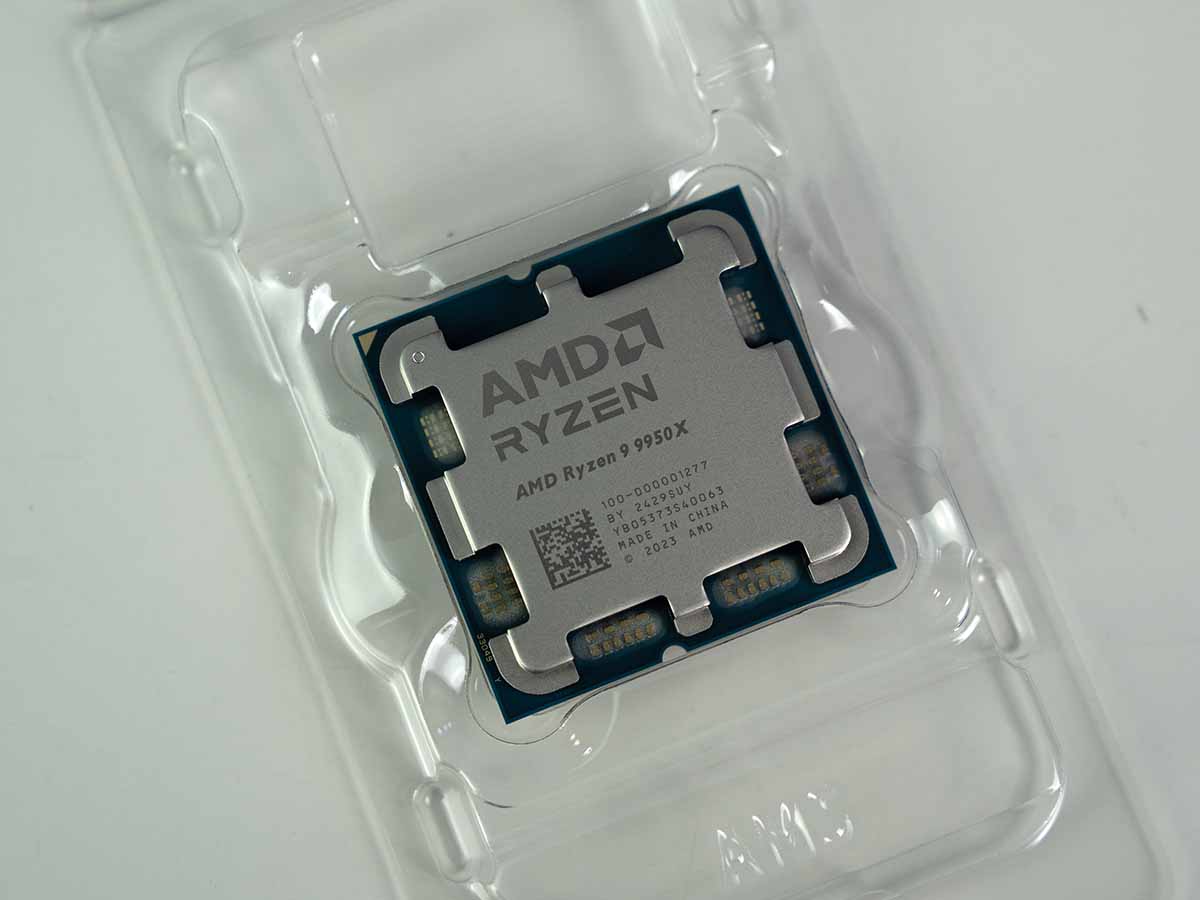
Cores
16
Threads
32
Boost clock speed
5.7 GHz
Base clock speed
4.3 GHz
L3 Cache
64 MB
TDP
170 W
Platform
AMD Socket AM5
Shop on Amazon
CHECK PRICEAMD Ryzen 7 9700X
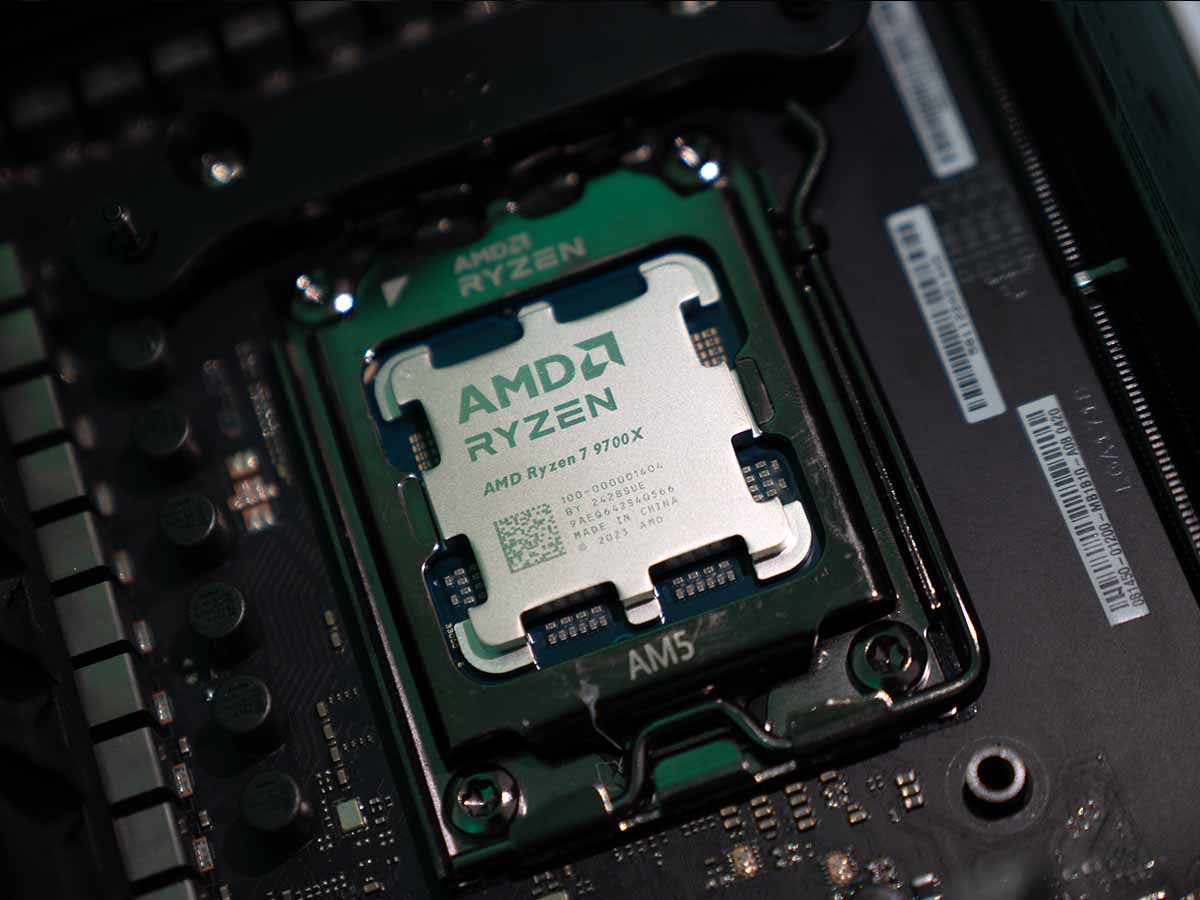
Cores
8
Threads
16
Boost clock speed
5.5 GHz
Base clock speed
3.8 GHz
L3 Cache
32 MB
TDP
65 W
Platform
AMD Socket AM5
Shop on Amazon
CHECK PRICESpec comparison
Starting off with the specifications, we can find the core differences between the two CPUs. They sit at different tiers so of course there are some stark differences between them, as the 9950X is the flagship of the generation and the 9700X sits more in the middle of the pack. Here are the core spec differences for the Ryzen 9000 series releasing at the end of July.
| Specification | Ryzen 9 9950X | Ryzen 7 9700X |
|---|---|---|
| Platform/Architecture | AM5/Zen 5 | AM5/Zen 5 |
| Process | TSMC 4&6nm FinFET | TSMC 4&6nm FinFET |
| Cores/Threads | 16/32 | 8/16 |
| Base/Boost Frequency | 4.3/5.7GHz | 3.8/5.5GHz |
| Integrated Graphics | Radeon 2 Cores at 2200MHz | Radeon 2 Cores at 2200MHz |
| PCIe Version | Gen 5 | Gen 5 |
| Cache | 1MB L1, 16MB L2, 64MB L3 | 0.512MB L1, 8MB L2, 32MB L3 |
| TDP | 170W | 65W |
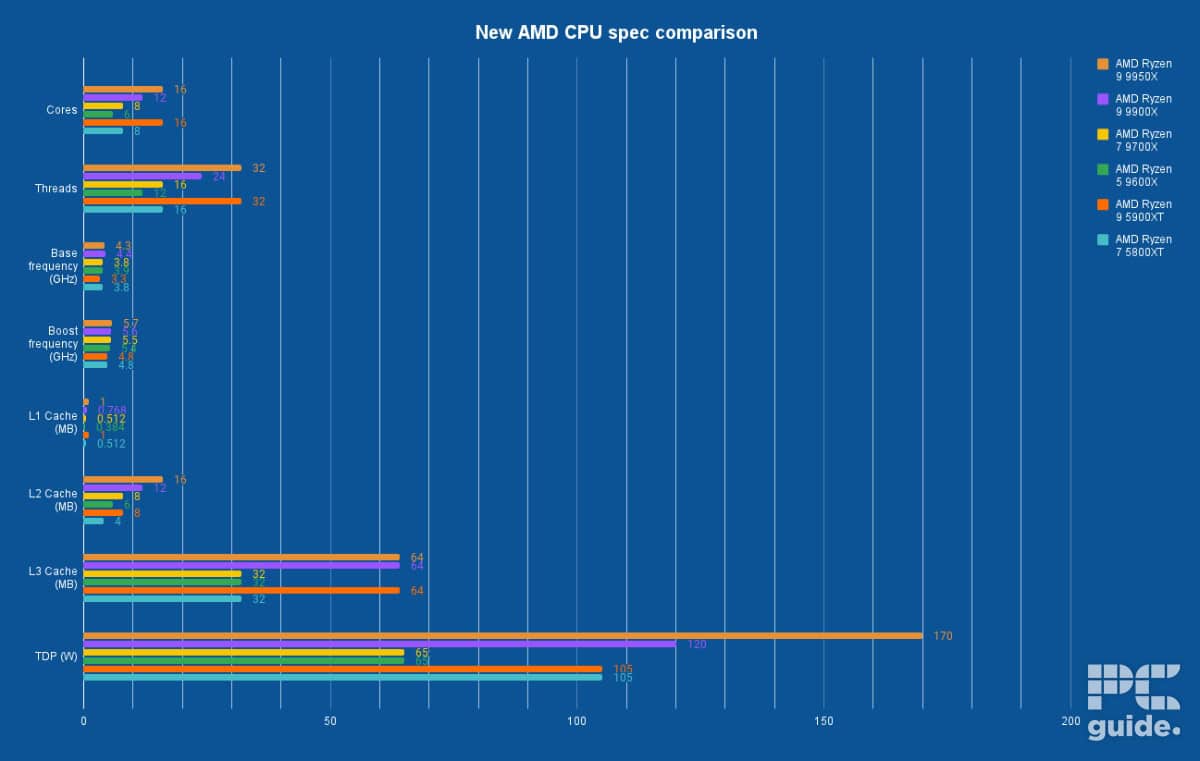
Cores and process
First, we look at the CPU cores and threads, we can compare how well the two stack up on the processing they can achieve. As they are the key to computing and doing the hard work of the processor, the more there are the better job it can do, as long as the processes can utilize multi-core processing. For the two processors, the 9950X has double the cores and threads of the 9700X, pumping to 16 and 32 respectively. Allowing for a much higher processing prowess.
As for the process and platform, they are the same for both the CPUs. Being in the same generation, they are based on Zen 5 and so utilize the same backbone. Based upon TSMC’s 4nm FinFET technology for the CPU cores and 6nm for the I/O. Improving on what the last generation had to offer but not much variety across this release.
On the other hand, we can certainly see the improvement of the 4nm CPU processes as when we tested the 9700X for its review, we compared it against the 7700X and 5800X3D, and the in-game performance was significantly better for the 9700X. So, Zen 5 for the win.
Frequencies
This is one of the bigger features that you might see advertised for the processors and is quite a big thing in the overclocking community. This is how fast the cores process the data coming through and spitting out all the useful bits to you, the higher the faster, the better. So between the two, the 9700X starts with a lower base clock allowing for less power usage in day-to-day tasks. Whilst the 9950X is capable of boosting higher and so running a bit a whole 200MHz higher. Although PBO and cooling capabilities may vary and might see different results in your builds.
Cache and TDP
The cache enables the processor to save its most used and needed data to the closest available space, allowing it to run quicker and better. It’s the reason AMD X3D CPUs, thrive by being capable of storing much more data on board and using it well. For these two processors, it’s also the case that the 9700X has half the capacity across all caches, which will add up to its lower performance compared to the 9950X.
As for the TDP (Thermal Design Power), the flagship CPU has 2.6x the rating with 170W compared to the 9700Xs 65W. This means it will both require more power to run from your power supply and also spit out more heat during usage. That would require you to consider a better CPU cooler if you’re picking up the top choice.
Onboard graphics
All AM5 processors now come with integrated graphics, so you can also find both processors hosting these onboard. Of course, it’s not a dedicated graphics card, so don’t expect blistering fast performance, but it does allow for basic visuals. So if you need to do some troubleshooting, or doing light tasks, and even some very low esports gaming, you will manage something. As both feature the Radeon graphics with 2 Cores at 2200MHz, so performance will likely be similar on them.
9950X and 9700X prices
The top-end and mid-range processor of the Ryzen 9000 series have launched and we don’t have to speculate their prices anymore. The Ryzen 9 9950X launched with a price tag of $649 while the Ryzen 7 9700X has a much lower cost of $359. Compared to the Ryzen 7000 series, their launch prices are much lower while the performance is better.
Upgrades from previous generations
Looking back over Zen 4, Zen 5 offers just some small iterations and improvements, nothing as grand as moving over to the AM5 socket. Firstly there is the move from TSMC’s 5nm to 4nm process to create its CPU cores. That just means that the transistors on board are smaller, and so you can fit more in the same area. Which can often lead to higher performance and better energy utilization.
According to AMD’s information as well, below’s graphs below show a general uplift in the performance of the 9000 series compared to the 7000 series. Par on par there is a rise for each tier and a general improvement of efficiency and power usage as you get more for less (or the same looking at the 9950X).
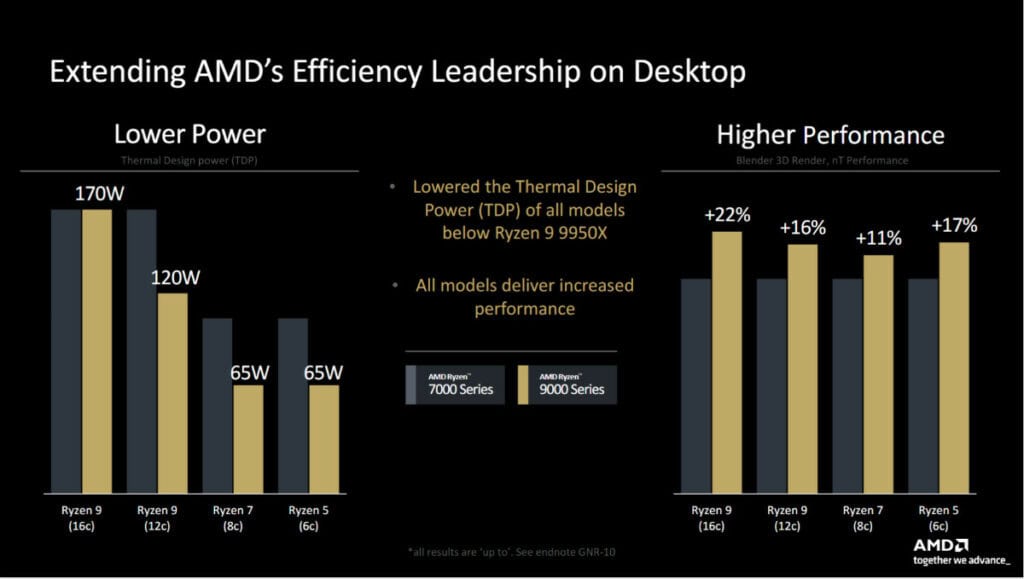
With the new processors, we’re also looking to get more chipsets to support them. The X870 and X870E motherboard releases are looking to be alongside. With these new chipsets, there looks to be increased support and ability, like additional usable PCIe lanes like the X870E supporting 8x Gen 4, or supporting even more 192GB of memory.
Which suits you better?
If you’re considering either of the CPUs, there are some considerations when deciding which one to go for. They are suited for different needs and certainly different price ranges. Talking to my colleagues, here is what they think between these two CPUs.
The 9950X is the best of the best when it comes to the Ryzen 9000 series, it’s power is unmatched by any other ryzen CPU right now. If you need that power for workloads where more cores are better like data crunching or none-linear rendering for example, there’s no better choice.
The 9700X on the other hand is for the more casual user who doesn’t need as much power in their day to day, this CPU would be best for office based workloads and the occasional game/render. You can save a lot of money if you prioritize what YOU need, rather than just going for the best.
Jack Howarth
The 9950X, AMD’s flagship CPU, versus the 9700X, is a no-brainer, as the former blows the latter out of the water. However, powerful performance comes at a high price, but a price hardware enthusiasts would be willing to pay. I think the 9700X would speak more to the general population due to its power-efficient nature and low price tag.
So, it all comes down to your requirements and what your budget allows for, whether you need unrivaled performance for years to come or a decent mid-range CPU that shouldn’t disappoint by any means.
Ussamah Mehmood
As you can see, it’s very much budget orientated and depending on your use case. If you’re much more gaming and light tasks focused, a 7700X is plenty enough for you, and you can put more into the graphics card. Whilst the 9950X offers a grander multi-core performance with many more on board, so high-tasking programs are much more suited to it.
Alternatives to the CPUs
If neither of the two CPUs speaks to you, and you’d rather go for something else, then we have a selection to what you might consider instead of them. Mainly looking at previous generations or the competition, you can find a good choice out of them depending on what your needs are.
Alternatives to the 9950X
-
AMD Ryzen 9 7950X
- Cores: 16
- Threads: 32
- Boost clock speed: 5.7 GHz
- Base clock speed: 4.5 GHz
- L3 Cache: 64 MB
- TDP: 170W
-
AMD Ryzen 9 7950X3D
- Cores: 16
- Thread: 32
- Base Clock Speed: 100 MHz
- Boost Clock Speed: 5.7 GHz
- L3 Cache: 128 MB (shared)
- TDP: 120 W
-
Intel Core i9-14900K
- Cores: 24 (8P-16E)
- Threads: 32
- Boost speed: P-Core 5.6GHz / E-Core 4.4GHz
- Base speed: P-Core 3.2GHz / E-Core 2.4GHz
- L3 cache: 36 MB
- TDP: 125 W
Alternatives to the 9700X
-
AMD Ryzen 7 7700X
- Cores: 8
- Threads: 16
- Boost clock speed: 5.4 GHz
- Base clock speed: 4.5 GHz
- L3 Cache: 32 MB
- TDP: 105W
-



